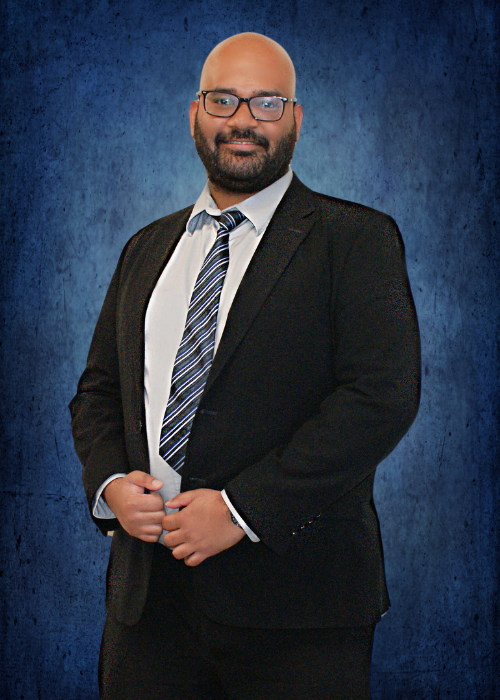Consistent prenatal care is important for expecting mothers and their unborn children. It improves the chances for healthy outcomes by teaching pregnant women about proper nutrition and self-care and allows caregivers to check for potential health problems. Experts have said that the chance of having a baby with a low birth weight is three times higher for mothers who lack this important care. Babies who lack parental care are also five times likelier to die; the chances of illness and pre-term labor are also higher.
Despite this, one group fears getting these important services. Pregnant immigrant women worry that seeking public assistance for prenatal care, can jeopardize their lives in this country. Some have resorted to birthing their children at home without help from health providers, which can have disastrous results if there are complications.
What is the Current Policy?
In 2020, the federal government implemented new immigration policies that applied to housing vouchers, food stamps, and Medicaid. Those who used these services faced a higher risk of having their visa and green card applications denied. Even though the policy had exemptions for pregnant women, public health officials and physicians have said that these women feel that they are still at risk for deportation. Many of the hospitals are close to the border, which contributes to how they feel.
Soon after the policy change, there was an increase in the number of no-show rates for prenatal care appointments. Physicians also reported more women coming to emergency rooms who were already in labor or with significant complications. Most did not have any prenatal appointments. There was also an increase in requests for home births, according to midwives.
Concerns Regarding the Policy Change
There have been stories of women forced to apply for public benefits or risk the lives of their unborn child. In one story, a 20-year-old expectant mother from Texas experienced bleeding before her due date and went to a local emergency room. The physician who saw her said that there was an infection that could lead to a miscarriage. Although the young woman needed an obstetrician to treat her, she knew that it could be a problem. She was an undocumented immigrant with no health insurance or money to pay for the care.
She spoke to her friends and was told that applying for public benefits could threaten her pending green card application and target her for deportation. As a result, she did not seek treatment and hoped that her infection would clear up by itself. Several weeks later, she started experiencing pain and bleeding while at home. She returned to the ER, and was told that there was a second, more serious infection. After being admitted, a social worker asked how the family would be paying for the treatment. The expectant mother applied for limited public benefits instead but was unsure if that was the right thing to do.
In another story, an expectant and undocumented mother experienced stress and anxiety, and was being helped by a female Christian missionary, who shared her story. Seven months into the pregnancy, the mother ended up with pre-eclampsia, a very dangerous condition that could have killed both the mother and baby. The baby was delivered through an emergency C-section weighing just four pounds and was rushed to an incubator.
The next day, the new mom was told that her baby would have to stay at the hospital for at least one month, which would cost the family hundreds of thousands of dollars without insurance; she had no choice but to apply for public benefits.
What Do Health Professionals Say?
One Texas physician stated that many of his patients did not have ultrasounds, because they could not afford them. These tests are essential for identifying possible complications, but they are too expensive for some to pay for in cash. A group of doctors who work with the University of Texas Rio Grande Valley have organized mobile medical clinics and bring them into the immigrant communities to offer low-cost or free assistance. They work with community members who are also health workers.
One promotor told The New York Times that she gives masks to pregnant women working outdoors to protect them from pesticide exposure. She also delivers medicine and food, but some of the women are still too afraid to seek treatment. In some cases, by the time they do reach out, they have already miscarried.
Philadelphia Immigration Lawyers at the MC Law Group, LLC Help Undocumented Immigrant Families
If you are living in fear of deportation and think you have nowhere to turn, the Philadelphia immigration lawyers at the MC Law Group, LLC are experienced with immigration law, and will fight to protect your rights. For a free consultation, call 215-496-0690 or complete our online form. Located in Philadelphia, we serve clients throughout the tri-state area, including Pennsylvania, New Jersey, and nationwide.



